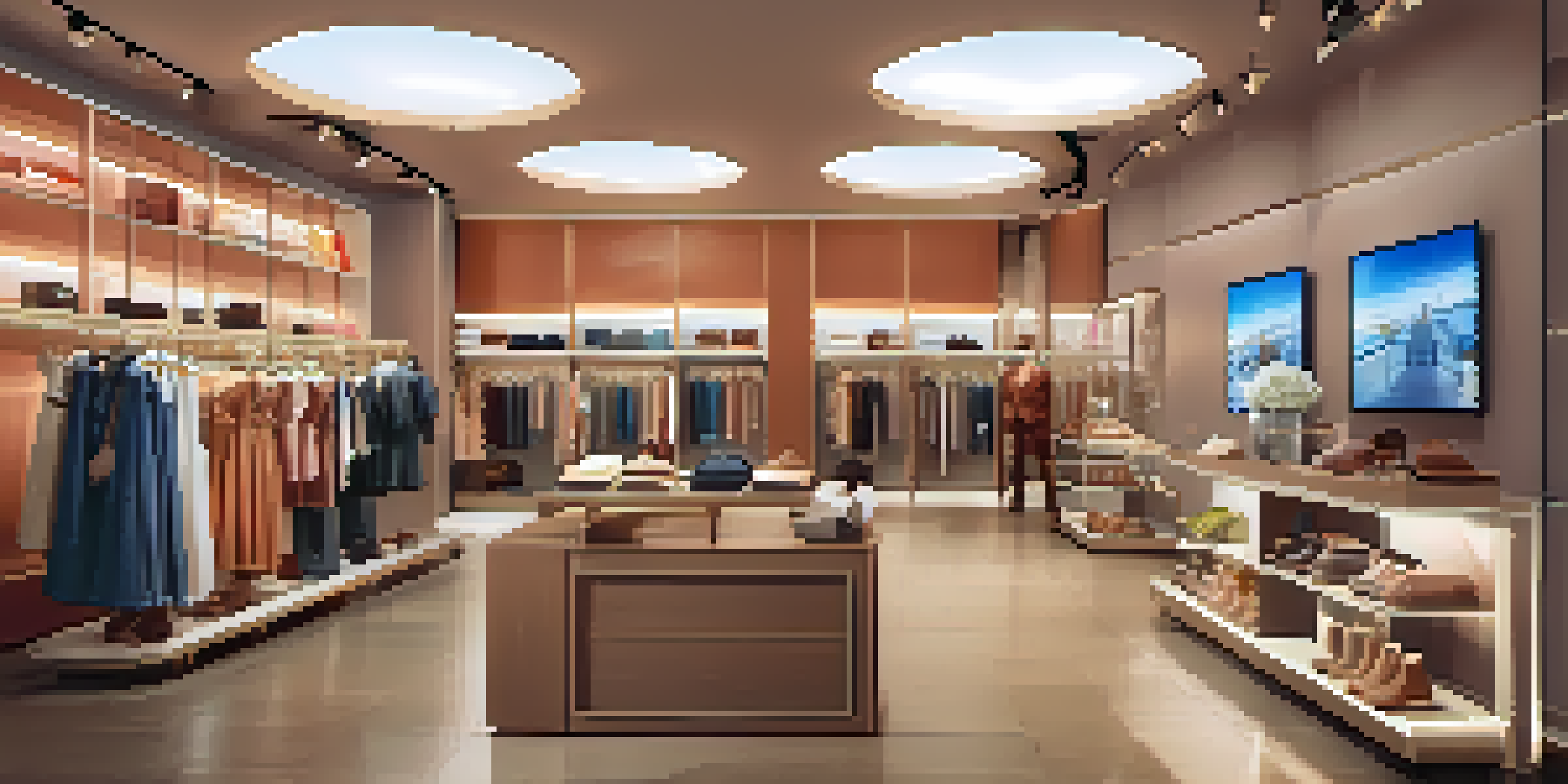Personalization in Fashion Retail: Trends Shaping Tomorrow

Understanding Personalization in Fashion Retail
Personalization in fashion retail refers to the tailored shopping experience that meets individual customer preferences. It encompasses everything from personalized recommendations to customized products, aiming to create a more engaging and relevant shopping journey. As consumers increasingly seek unique styles that reflect their personalities, retailers are embracing this trend to stand out in a competitive market.
The Rise of Data-Driven Insights
Data has become the backbone of personalization strategies in fashion retail. By analyzing customer behavior, preferences, and purchase history, brands can create insightful profiles that inform product recommendations. For instance, a shopper who frequently buys casual wear might receive suggestions for the latest athleisure styles, enhancing their shopping experience and increasing conversion rates.
Personalization Enhances Shopping
Personalization in fashion retail creates tailored experiences that resonate with individual customer preferences.
AI and Machine Learning: The Game Changers
Artificial Intelligence (AI) and machine learning are revolutionizing how retailers personalize offerings. These technologies can predict customer preferences with remarkable accuracy, allowing brands to deliver tailored content and product suggestions in real-time. Imagine browsing an online store and immediately seeing items that match your style; that's the power of AI working behind the scenes.
Customizable Products: A New Era of Fashion
The ability to customize products is becoming increasingly popular among fashion retailers. Brands are now offering options for customers to personalize everything from color and fabric to fit and style. This trend not only empowers consumers to create unique pieces but also fosters a deeper emotional connection to the product, making it more likely they’ll make a purchase.
Data Drives Personalized Insights
Leveraging data allows brands to analyze customer behavior and provide personalized recommendations that improve engagement.
Omni-Channel Personalization: Seamless Experiences
Personalization is not limited to online shopping; it extends across all channels, creating a seamless experience for customers. Whether shopping in-store or online, consumers expect their preferences and past interactions to be recognized. For instance, if a customer browses a brand's website and later visits a physical store, sales associates might access that information to provide tailored assistance.
Social Media's Role in Fashion Personalization
Social media platforms are increasingly influencing how brands personalize their marketing strategies. By leveraging user-generated content and feedback, retailers can tailor their offerings to align with current trends and customer desires. For example, a brand might monitor Instagram posts to identify popular styles and create personalized ads that showcase those items, making the shopping experience even more relevant.
AI Transforms Retail Personalization
Artificial Intelligence and machine learning enable retailers to predict customer preferences and deliver real-time tailored content.
Sustainability and Personalization: A Perfect Match
As the fashion industry grows more conscious of sustainability, personalization can play a crucial role in creating more thoughtful consumption patterns. By allowing customers to customize items, brands can reduce waste and promote a buy-less, choose-well philosophy. This approach not only aligns with consumer values but also contributes to a more sustainable future for fashion retail.
The Future of Personalization in Fashion Retail
Looking ahead, personalization in fashion retail is set to evolve with advancements in technology and shifts in consumer behavior. Brands that prioritize personalized experiences are likely to foster loyalty and enhance customer satisfaction. As we embrace the future, the challenge will be to balance personalization with privacy, ensuring customers feel secure while enjoying a tailored shopping journey.